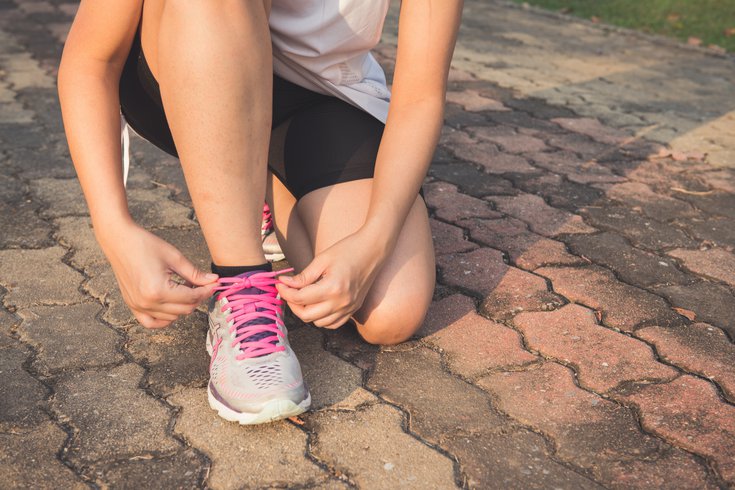
June 24, 2020
 Tirachard Kumtanom/Pexels
Tirachard Kumtanom/Pexels
Studies have shown that physical activity can reduce the severity of obstructive sleep apnea, including decreasing daytime sleepiness and improving peak oxygen consumption.
Just adding 20 minutes to a daily walk and increasing vigorous daily activity by 8 minutes is enough to lower sleep apnea risk, a new study finds.
A modest increase in physical activity can reduce the risk of the obstructive sleep apnea by 10%, according to research published in the Journal of Clinical Sleep Medicine. This finding affirms the importance of exercise in preventing the sleep-related breathing disorder, researchers say.
More than 29 million American adults have sleep apnea, a disorder in which a person's breathing starts and stops during sleep. There are several forms but the most common type – obstructive sleep apnea – occurs when relaxing throat muscles block the upper airway. Risk factors include excess weight, high blood pressure and diabetes.
"Our results highlight the importance of physical activity as a preventive measure against developing sleep apnea," said senior study author Lyle Palmer, a professor of genetic epidemiology at the University of Adelaide in Australia. "One surprising finding was that not only vigorous physical activity, but also just walking alone was associated with a decreased risk of sleep apnea."
Untreated sleep apnea is known to increase a person's risk of heart disease, stroke, high blood pressure and other serious health conditions. Previous studies have shown that physical activity can reduce the severity of obstructive sleep apnea, including decreasing daytime sleepiness and improving peak oxygen consumption.
Palmer and his team reviewed lifestyle, medical, socio-demographic and sleep health data of more than 155,000 adults in the Ontario Health Study.
Almost 7% of those involved in the study had been told by a doctor they had sleep apnea. These participants were more sedentary than those who didn't have sleep apnea. The mean age of all participants was 46 years.
Health experts recommend that everyone gets at least 150 minutes per week of moderate exercise or 75 minutes per week of vigorous aerobic activity like walking, swimming, running or cycling.